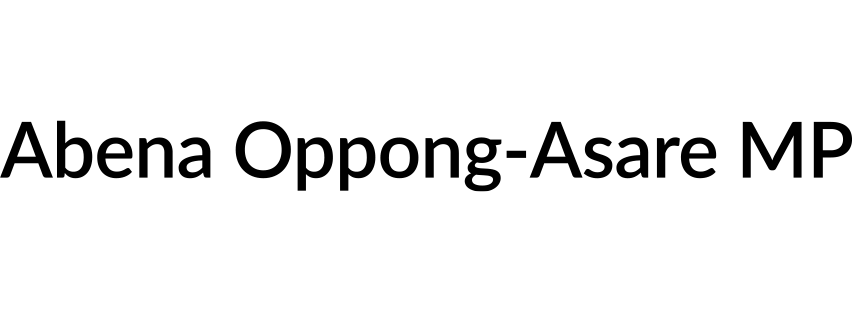Events industry needs Government support to survive
Last week I requested to speak in the House of Commons chamber about the urgent need for Government support for the events industry. Unfortunately, I was not called to speak directly about the pressing concerns many constituents have contacted me to raise over the past two months. However, I am aware of your concerns and difficulties and I will be raising these with the Government at every possible occasion.
A huge amount of people in Erith and Thamesmead have been impacted by the Government’s failure to offer economic assistance to the events industry during COVID-19.
From the very beginning of lockdown I have received daily emails about the events industry, theatres, the hospitality sector and the creative sector. People who have worked in these industries, contributing to the UK’s economy for years, have been completely abandoned by this Government.
Despite efforts made by myself and colleagues to raise these issues with the Government ask that more support be given, I have unfortunately had to respond to constituents informing them that there is no support package available and the Government doesn’t seem to want to support them.
The Government needs to provide a sector specific support package for the cultural sector; theatres, music, festivals, other live performance venues, but also tourism and hospitality sectors which are inextricably linked.
The events sector is worth £42.3 billion to the UK economy, there are over 25,000 businesses and it sustains 570,000 full time jobs.
There is a reason 35% of the UK visitor economy is accounted for by events. That is because the events industry pulls together the best talent in a whole range of areas. Behind every festival is a team of marketers, performers, hospitality staff, transport operators, event organisers and UK music venues.
Almost every UK music festival has been cancelled this summer, music venues across the country have been unable to open for three months and are unsure of when they can begin to open again, hundreds of thousands of hospitality jobs have already been lost and the industry has warned of thousands more.
What steps is the government taking to support venues which will be unable to open for the foreseeable future, such as music venues and theatres, and therefore unable to subsidise the furlough scheme from August?
If the Government doesn’t act to save businesses and jobs before they are lost we are going to see a huge hole in the economy where our world renowned events industry used to thrive. The Government must act urgently to support people in these industries to avoid a loss of jobs, talent and culture across the UK.

